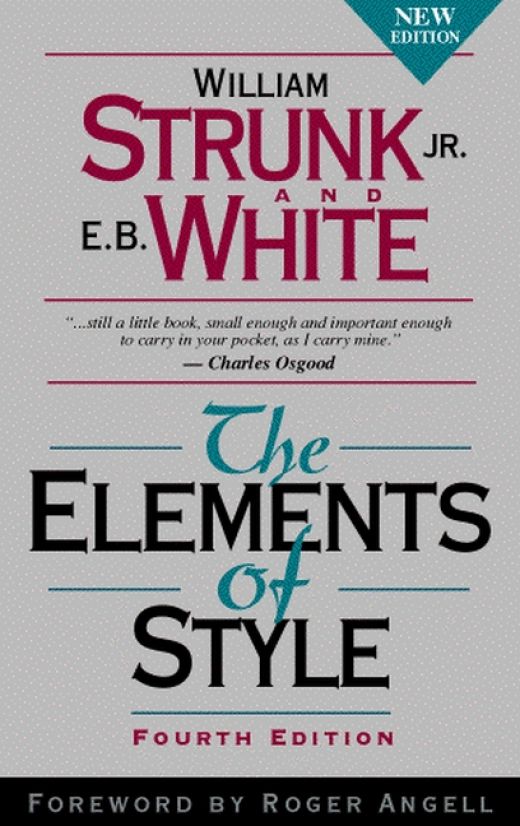At some point in your education, you’ve probably been told that it is a grammatical sin to split an infinitive in English composition (as I just did in the title). But where did your 9th grade English teacher or whomever get this rule? It’s not in The Chicago Manual of Style, H. W. Fowler’s A Dictionary of Modern English Usage pooh-poohs the idea, and even the vaunted Elements of Style, while admonishing that splitting an infinitive “should be avoided unless the writer wishes to place unusual stress on the adverb,” admits that “some infinitives seem to improve on being split” (source).
To clarify the issue, “The infinitive is the unconjugated, or root, form of the verb. For example, to be in English, être in French, esse in Latin; or to love in English, aimer in French, amare in Latin. Notice how the infinitive in English is two words, but only one word in French or Latin. When Latin was a high-status language, grammarians used to try to force the rules of Latin onto English, a language with a rather different grammar. One such rule they invented was “do not split an infinitive” — that is, do not put anything between the to and the rest of the verb. Their reasoning seems to be that, since it is impossible to split the single-word infinitive in Latin, one shouldn’t split it in English, either. So, something like to boldly go is beyond the pale, according to these Latin grammarians” (source).
Don’t beat yourself up if you’ve (ever) been a slave to this dubious construct of geographic grammar. After all, you’re in good company: “Split infinitive construction goes back to the 13th century, but was relatively rare until the 19th. No split infinitives are to be found in the works of Shakespeare, Spenser, Pope, or Dryden, or in the King James Version of the Bible.”
On the other hand, “Hardly any serious commentator believes that infinitives should never be split. The dispute is between those who believe that split infinitives should be avoided when this can be done with no sacrifice of clarity or naturalness, and those who believe that no effort whatever should be made to avoid them” (Mark Israel).
My name is Strunk / And they call me White / Here to teach you how to put the pen down right / I see that your writing is a little bit wild / These are the Elements of Style.
Split infinitive / Never definitive / Sounds unintelligent / Dumb and inelegant. / Just say it like you meant / Always write with intent / Each word precious / Like Benjamins that you spent.
Article by Bill Norrington



